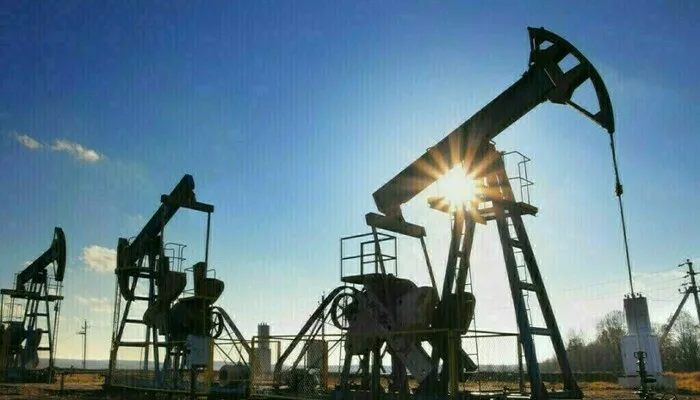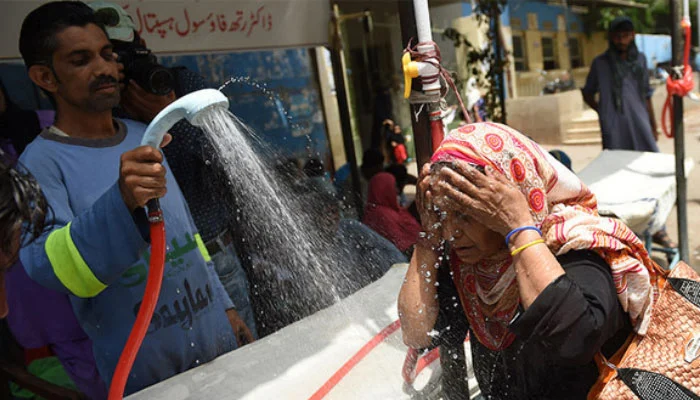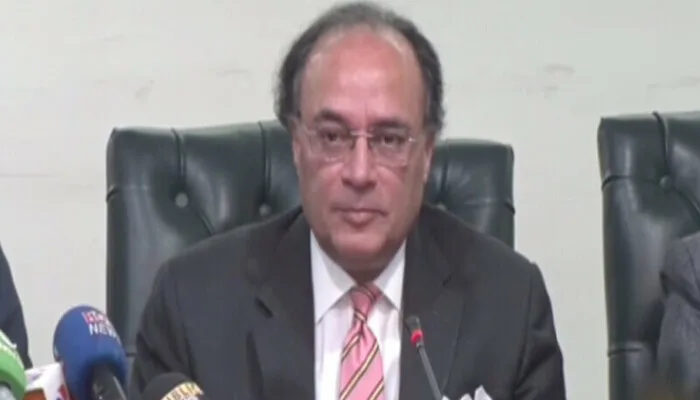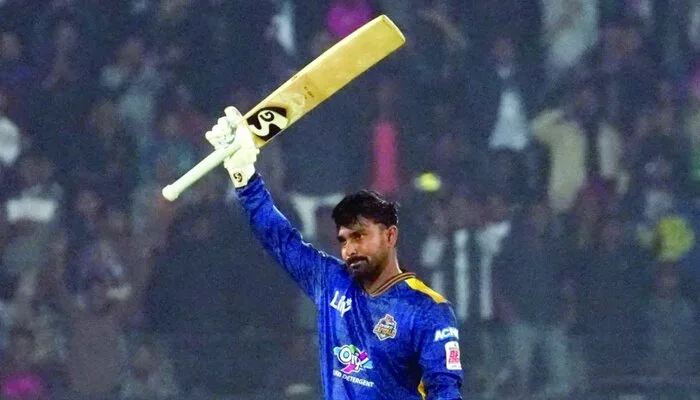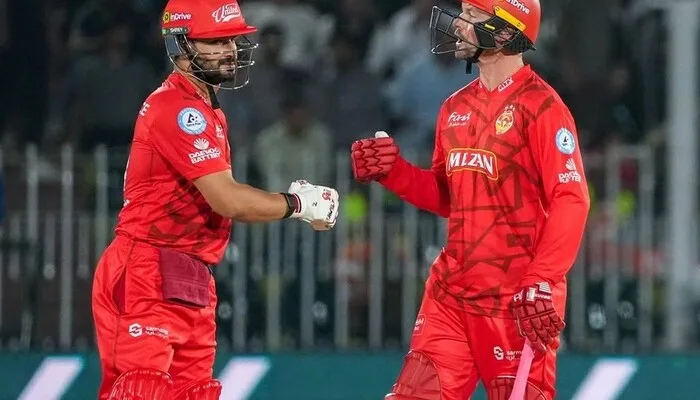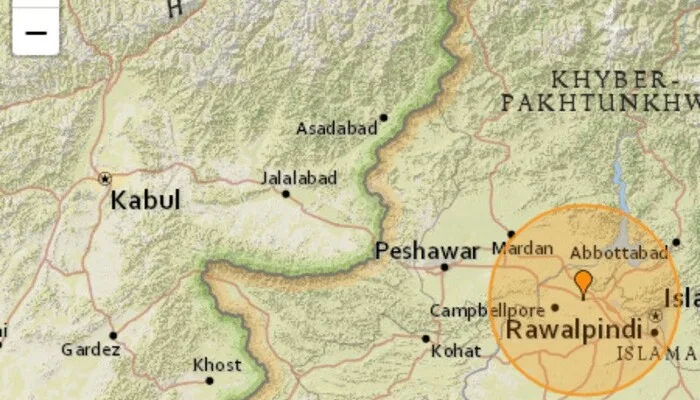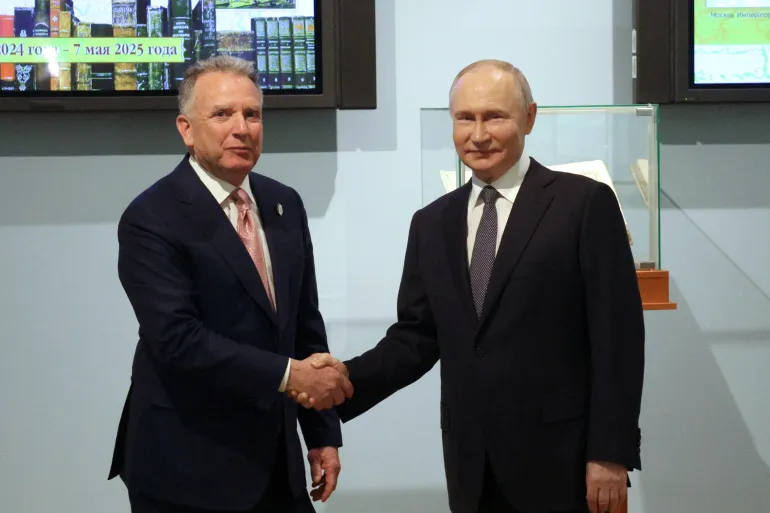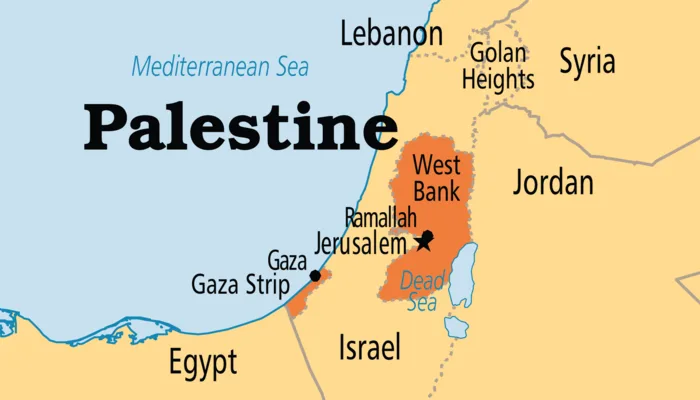
The power of language cannot be overstated. Words shape perceptions, guide public discourse, and influence political stances. In the context of the Israeli-Palestinian conflict, the shift in terminology from “Palestine” to “Gaza” is far more significant than it may initially appear. This subtle yet significant change has profound implications not only for how we understand the conflict but also for how we perceive the broader Palestinian struggle.
The Terms “Palestine” and “Gaza”
Before delving into the reasons behind the use of “Gaza” over “Palestine,” it’s essential to understand what these terms mean and represent.
Palestine refers to a historical and geographical region in the Middle East, encompassing both the modern-day State of Israel and the Palestinian territories — the West Bank and Gaza. Palestinians are those who live in this region or identify with the Palestinian nation. They seek an independent state, often with East Jerusalem as its capital. The struggle for Palestinian statehood has been ongoing for decades, marked by territorial disputes, the right to self-determination, and a series of violent confrontations with Israel.
Gaza, on the other hand, refers to a small, densely populated coastal enclave along the Mediterranean Sea. It is one of the two main Palestinian territories (the other being the West Bank) but has been under the control of Hamas since 2007. Gaza has become synonymous with poverty, humanitarian crises, and military violence. The region is under a blockade imposed by Israel (and partly Egypt), which has restricted the movement of goods, people, and aid, leading to widespread suffering and deprivation for its residents. It is also the site of recurring military operations that often result in civilian casualties and further infrastructure destruction.
While Gaza is undoubtedly a part of Palestine, the shift in language towards using “Gaza” rather than “Palestine” to describe the conflict has wide-reaching implications that go beyond simple semantics.
1. Political Framing: Narrowing the Focus
The most obvious reason why many media outlets have increasingly used the term “Gaza” is that it narrows the focus of the conversation. When news organizations and governments refer to “Gaza” instead of “Palestine,” they isolate the issue, often portraying it as a localized conflict. This choice allows media to frame the situation as a crisis in one specific region, without acknowledging the broader, more entrenched political and historical context of Palestine as a whole.
This framing has a dangerous tendency to reduce the conflict to a “local issue” in Gaza rather than a national struggle for Palestinian rights, freedom, and self-determination. By isolating Gaza from the larger Palestinian cause, the deeper, systemic issues — such as the Israeli occupation of the West Bank, the expansion of Israeli settlements, and the ongoing marginalization of Palestinians in East Jerusalem — are sidelined.
Furthermore, using “Gaza” over “Palestine” unintentionally promotes the idea that the violence and suffering are isolated to one part of the Palestinian territories. It implies that the issue can be resolved by addressing Gaza alone, disregarding the larger and more complex political struggle that spans across both Gaza and the West Bank.
2. Avoiding Political Recognition: A Subtle Shift in Policy
Another key factor contributing to the preference for the term “Gaza” over “Palestine” is the political sensitivity surrounding the recognition of Palestine as a state. While some countries, international organizations, and even media outlets recognize Palestine as a sovereign state, many others, particularly those aligned with Israel or its allies, do not.
For these governments and media organizations, using “Gaza” instead of “Palestine” serves as a way to avoid political recognition of Palestinian statehood. Referring to the conflict as “the conflict in Gaza” or “Gaza under fire” allows them to side-step the question of whether or not Palestine should be recognized as a state. This linguistic strategy aims to maintain a neutral stance or protect political interests that would be threatened by acknowledging Palestinian sovereignty.
By using “Gaza,” these parties also implicitly disconnect the issue of Palestinian self-determination from the reality of the occupation, the settlement expansions, and the denial of Palestinian rights across the broader territories. It’s a way of framing the problem as one of localized violence rather than a larger political struggle for independence and recognition.
3. Media Optics: Simplifying Complex Narratives
In the age of soundbites and 24/7 news cycles, simplicity often trumps nuance. The term “Gaza” has become shorthand for the ongoing humanitarian crisis, military bombardments, and the relentless cycle of violence that plagues the region. This simplification of the issue makes it more digestible for global audiences who may not have the time or resources to understand the deeper political and historical context.
The issue with this approach, however, is that it presents an incomplete and fragmented view of the conflict. Headlines such as “Gaza under attack” or “Israel bombs Gaza” capture attention because they are short, direct, and emotional. But they fail to convey the full scope of the problem, including the years of Israeli military occupation in the West Bank, the expulsion of Palestinian refugees, and the broader struggle for Palestinian autonomy and self-determination.
Read: We Asked ChatGPT About Its Take on Palestine — Here’s What It Said
By focusing on the immediate crisis in Gaza, the media sidesteps the need to delve into the longer, more painful history of the Palestinian struggle. This simplifies the narrative, but at the expense of understanding the root causes of the conflict. The result is that audiences may come to view the situation as a cyclical, isolated problem rather than a deeply entrenched political struggle.
4. Dehumanizing the Palestinian Struggle: Gaza as a Symptom
One of the most troubling consequences of referring to the conflict as “Gaza” rather than “Palestine” is the subtle dehumanization of the broader Palestinian struggle. When the conversation centers on Gaza alone, it shifts the focus from the Palestinian people as a whole — who have lived under occupation, displacement, and systemic injustice for decades — to a specific region’s humanitarian crisis.
This narrowing of the focus often transforms Palestinians from a collective group with a shared identity and a long-standing political cause into faceless victims of localized violence. In doing so, it makes it easier for media outlets, governments, and the global public to lose sight of the larger political and human rights issues that the Palestinian people face.
The suffering in Gaza is undeniably severe and tragic, but the tragedy extends beyond Gaza’s borders. The Palestinian struggle for independence, self-determination, and justice is not confined to Gaza alone; it encompasses the entirety of Palestine. By reducing the conversation to Gaza, the media erases the larger, more complex reality of Palestinian identity and struggle.
5. Why This Matters: The Bigger Picture
Words shape how we perceive the world. When media outlets continuously use “Gaza” instead of “Palestine,” they risk diminishing the scope of the Palestinian cause. This linguistic shift not only misleads audiences about the true nature of the conflict, but it also makes it harder for the international community to fully comprehend the larger, systemic issues at play.
Using “Gaza” in isolation tends to shift the conversation from a conversation about justice and human rights to one about security and terrorism. It presents the issue as one of localized violence, something that can be solved through military means, rather than a political struggle for freedom and dignity. This limits the ability of the global community to address the root causes of the conflict and find long-term solutions based on justice, equality, and respect for international law.
Furthermore, by focusing exclusively on Gaza, we risk ignoring the continued suffering of Palestinians in the West Bank, the displacement of millions of Palestinian refugees, and the ongoing struggle for political representation and recognition. The Palestinian cause is not a series of isolated incidents but rather a larger, interconnected story of resistance, survival, and hope.
Gaza is Part of Palestine
While Gaza is undeniably a crucial part of the Palestinian story, it cannot be viewed in isolation. The conflict in Gaza is deeply intertwined with the broader Palestinian struggle for self-determination and justice. When we say “Gaza,” we must remember that it is part of Palestine — a Palestine that stretches beyond the Gaza Strip, beyond the walls of refugee camps, and beyond the headlines.
By acknowledging the full scope of the Palestinian cause, we can better understand the roots of the conflict and work toward a more just and peaceful future for all involved.
Follow us on Google News, Instagram, YouTube, Facebook, Whats App, and TikTok for latest updates




